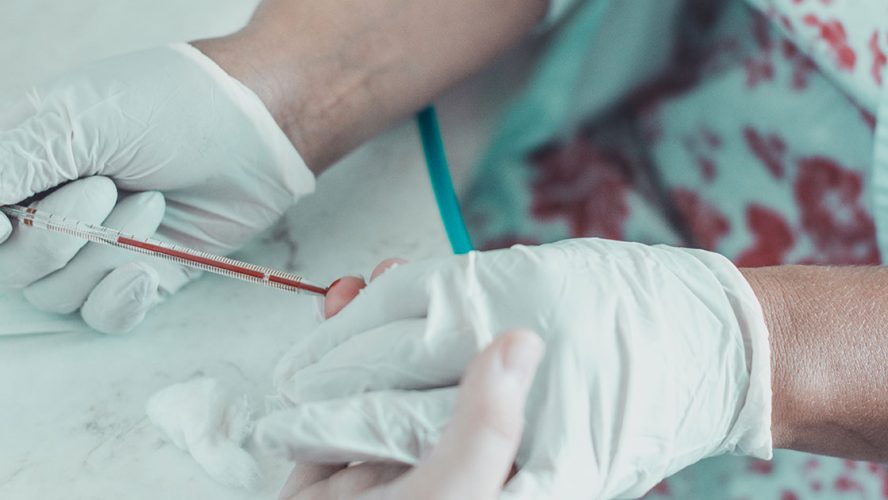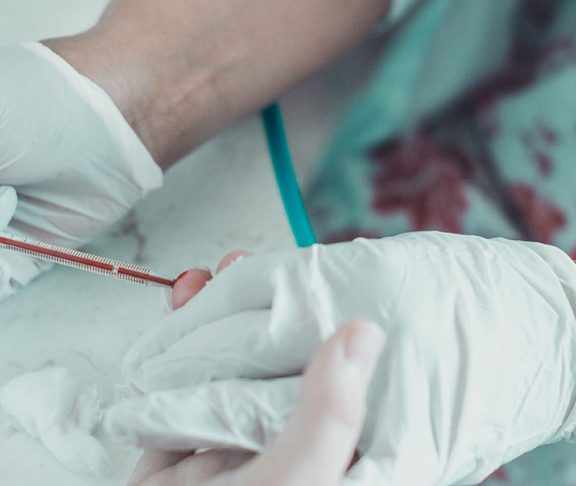
Rick Nash
Hepatitis C Patient Advocate, National Viral Hepatitis Roundtable
This spring, the U.S. Centers for Disease Control and Prevention (CDC) updated guidance to recommend all adults get tested for hepatitis C, including pregnant women. It is a dramatic shift from previous guidance that focused only on screening Baby Boomers and those with risk factors.
The expanded guidance is critical for identifying the disease among a growing cohort of millennials and for reducing vertical transmission to infants.
Hepatitis C affects more than 3 million Americans and there are an estimated 40,000 new hepatitis C cases each year in the United States, many of which go unreported. Nearly half of those living with hepatitis C are unaware of it because they don’t show symptoms, which is why universal screening is critical for identifying those living with the silent disease.
Vertical transmission
Particularly concerning to me are the increasing rates of vertical transmission of hepatitis C. Birth certificate data suggests more than 18,000 newborns are exposed to hepatitis C each year. The figures nearly doubled between 2012-2015 alone, in alignment with increased unsafe injection drug use associated with the opioid crisis.
Screening for hepatitis C during pregnancy increases the likelihood there will be follow-up care for the baby and mother, which is welcome, considering 55 percent of patients currently don’t follow up with treatment. If this guidance had been in place when my mom was pregnant, my story might have been different.
I was diagnosed with hepatitis C at 12 years old after a terrifying ER visit for blood in my urine. It was unusual for a young boy to have hepatitis C, so my family was tested and weeks later, my mom was determined to be the source of my infection.
By the time I was 18, I developed liver fibrosis and by 24 I had end-stage liver disease. I spent six years slowly dying, waiting for a liver transplant, and attempted multiple treatments for my hepatitis C. During that time, my bill to insurance total came up to about $6 million. My treatments don’t even account for a million dollars of that, even though they were costly at the time.
Delivering a cure
Thankfully, since then, direct acting antivirals were developed and a cure for hepatitis C now has 90 percent efficacy, minimal side effects, and can be completed in as little as eight weeks depending on the severity of liver damage.
Both my mom and I have now been cleared of hepatitis C and the United States is on the right path to preventing other families from going through what we endured.
Rising rates of viral hepatitis among millennials due to the increase in injection drug use necessitated the new recommendations from the CDC, which are an important move toward eliminating hepatitis C in the United States.
Research has proven that risk-based screening is ineffective, which is why it is necessary that the latest recommendations included an essential recommendation that “Any person who requests hepatitis C testing should receive it, regardless of disclosure of risk, because many persons may be reluctant to disclose stigmatizing risks.” The recommendations are the first real, meaningful move we have made nationally in an otherwise slow fight.
Universal hepatitis C screening is critical in the fight to eliminate a silent, deadly viral threat that is driving increases in liver cancer and kills thousands of Americans each year. These new guidelines will put us on the path toward eliminating hepatitis C.



